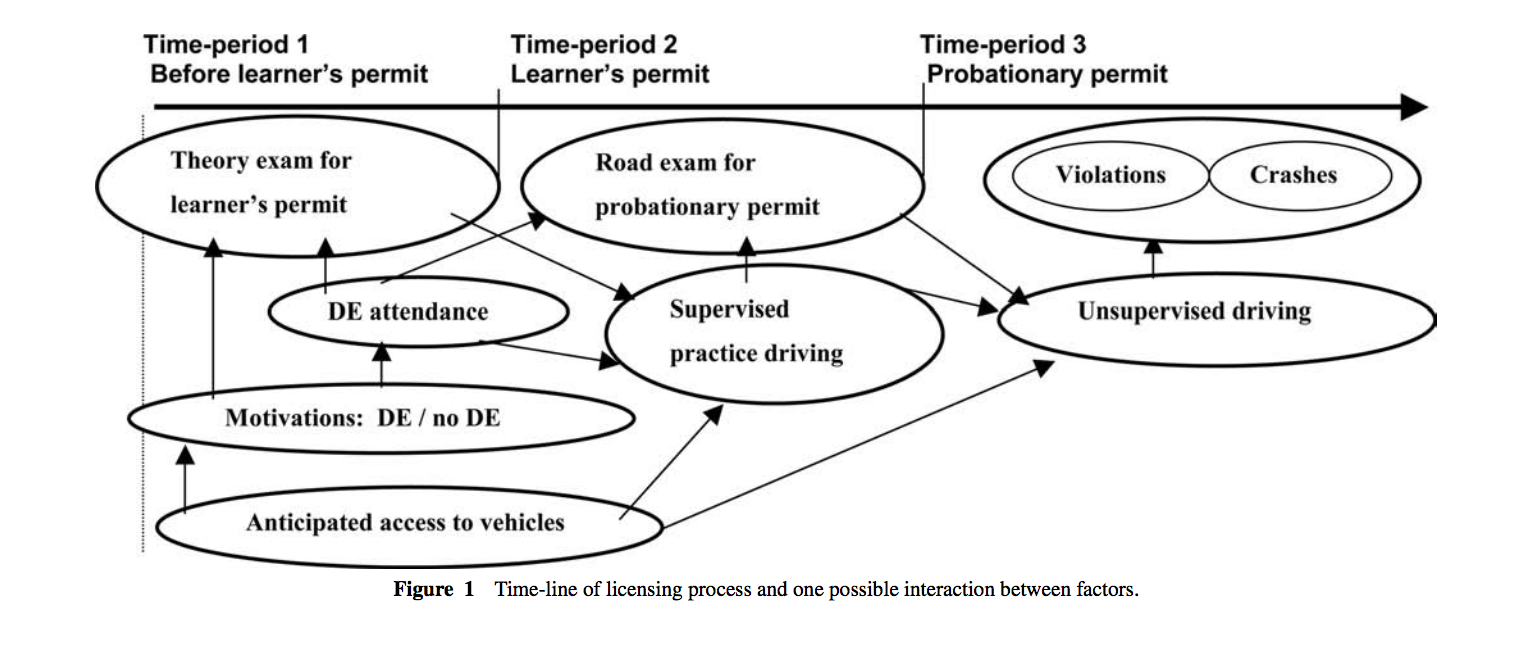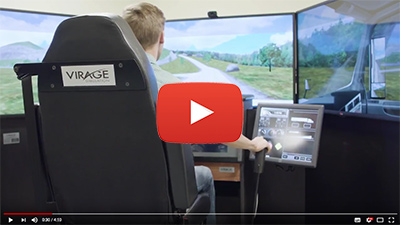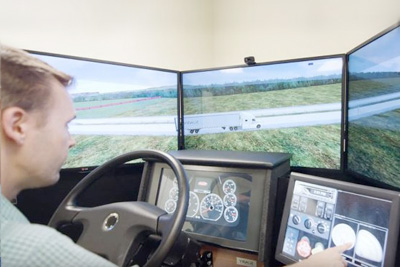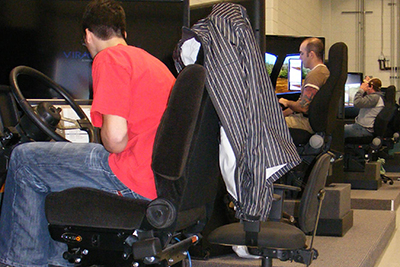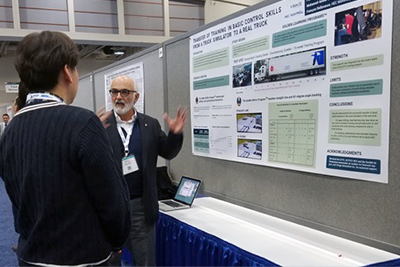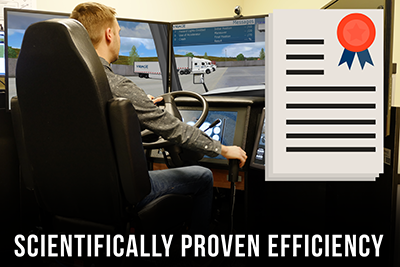Role of Driver Education in the Licensing Process
Problem.
In many jurisdictions, driver education (DE) graduates, compared to non-graduates, are granted a time-discount that allows them to drive unsupervised several months earlier, despite little evidence of a safety benefit and consistent evidence of increased crash risk. Confounding factors may be threatening the validity of DE evaluations. A theoretical framework called the “licensing process” (LP) is proposed to identify and explore potential confounding factors in DE evaluations.
Method.
Prospective study data on a cohort of 1804 novice drivers 16 to 19 years of age of both sexes are analyzed in relation to the LP framework. These data derive from two sources that were linked together: an extensive questionnaire on learning methods, risk-taking, and lifestyles, and government records on exam performance, violations, and crashes.
Results.
Violation and crash records are not associated with DE attendance. DE attendance is associated with younger ages, greater financial support from family, and fewer hours of supervised driving practice with a learner’s permit. For both sexes, more hours of supervised driving practice with a learner’s permit is associated with increased crash risk. Most participants, particularly males under 19 years of age, attended DE partly or entirely to save time or money; these motivations are associated with higher violation and crash rates.
Discussion.
DE evaluations need to identify and control for potential confounding factors. Research is needed to understand the associations between increased crash risk and potential confounding factors like motivation to attend DE and hours of supervised driving practice.
Keywords Adolescent Drivers; Driver Education; Crash Risk; Motivation; Experience; GDL
